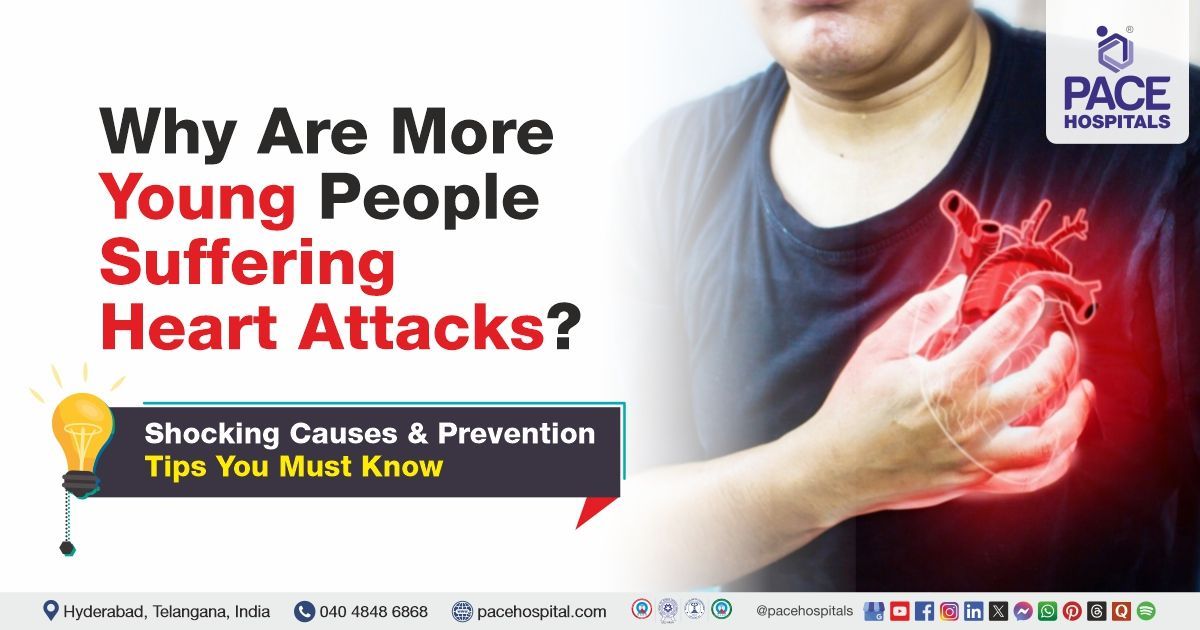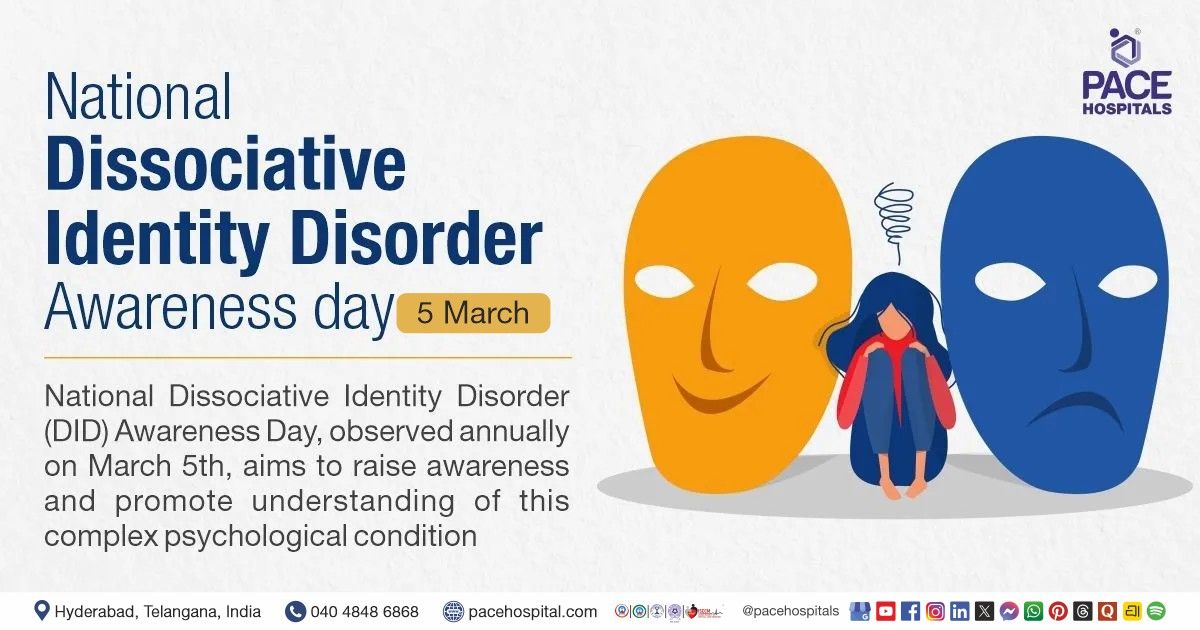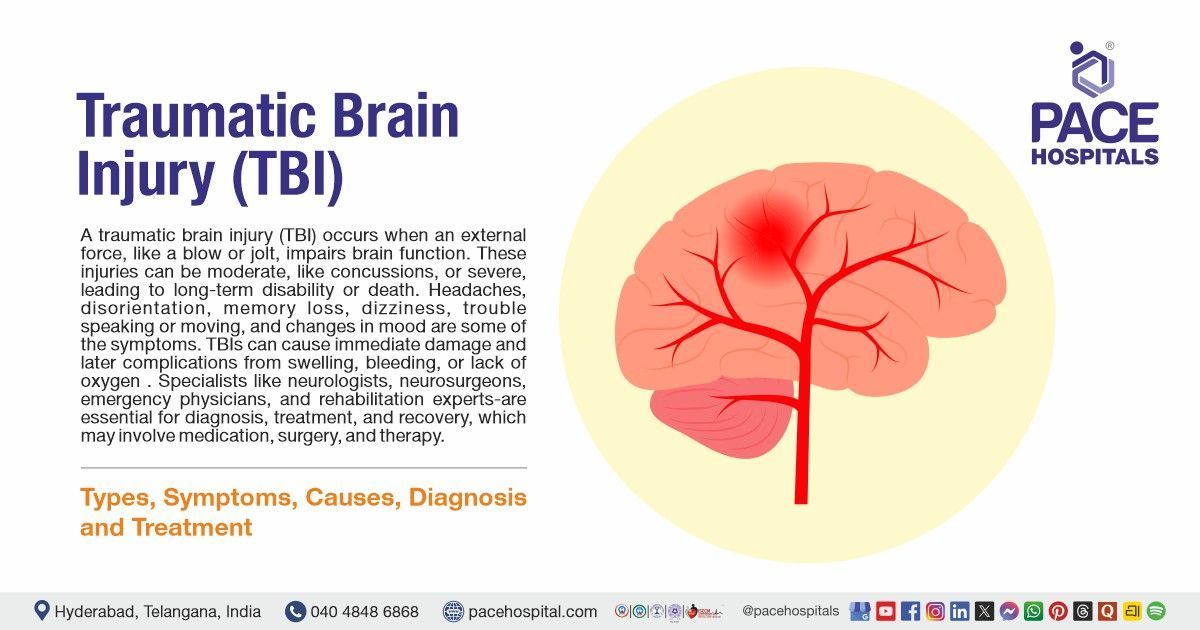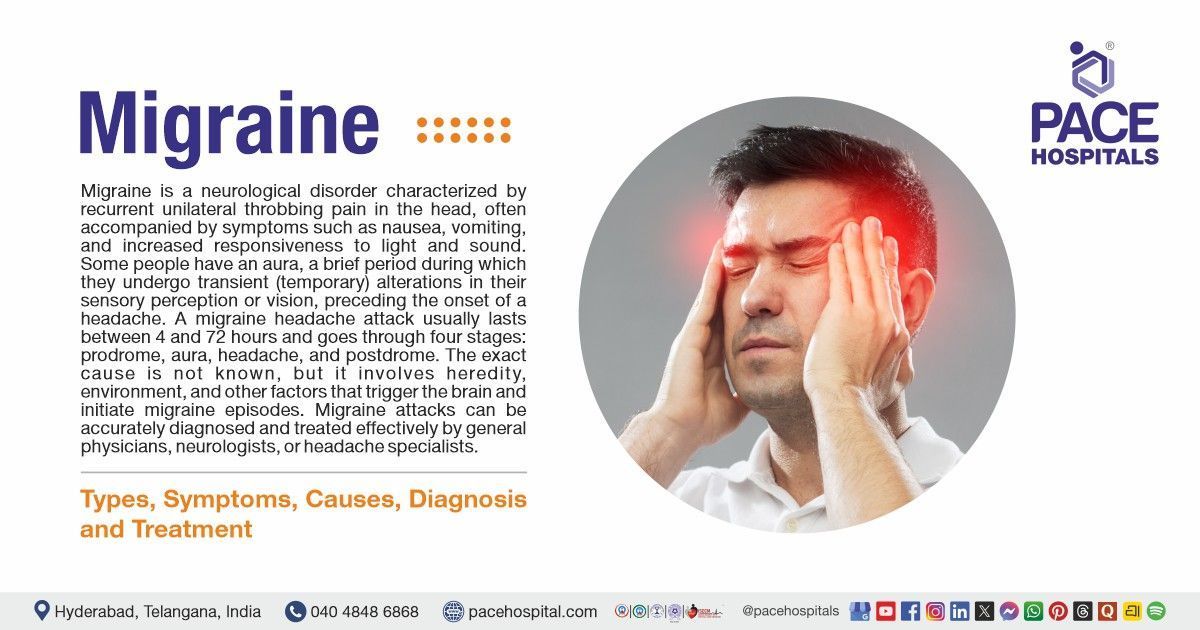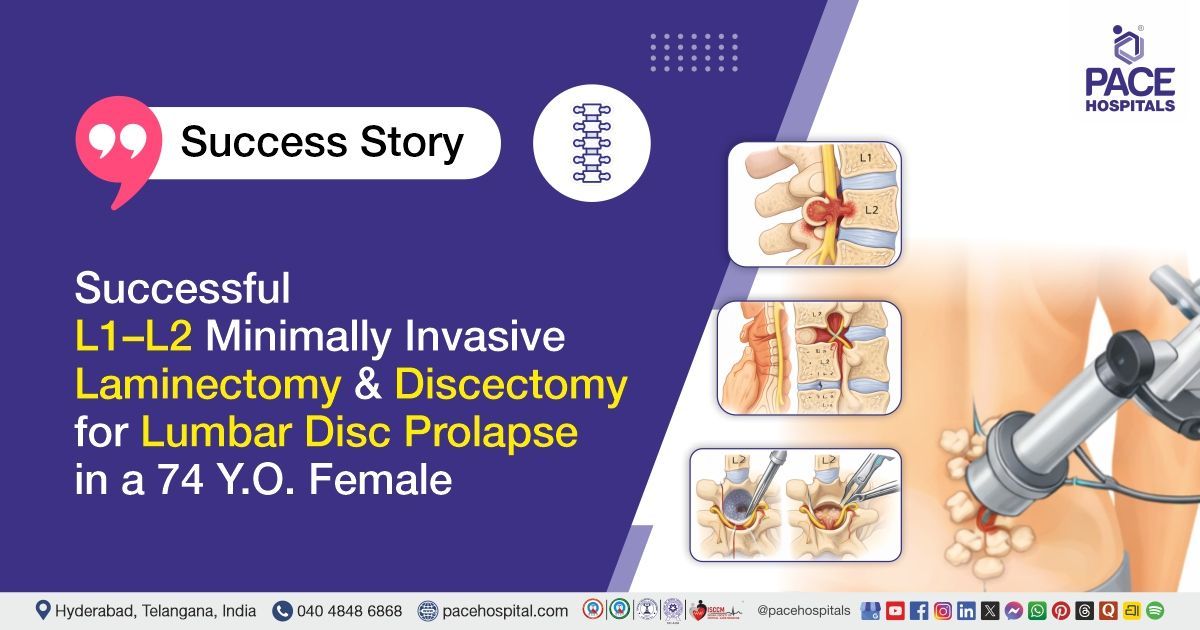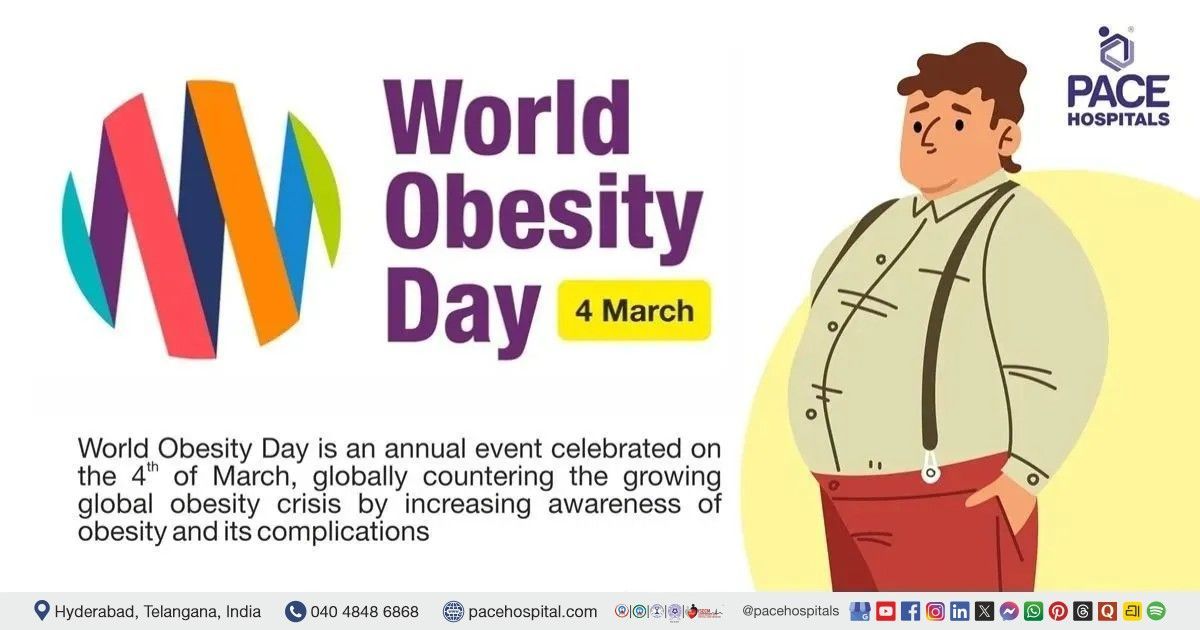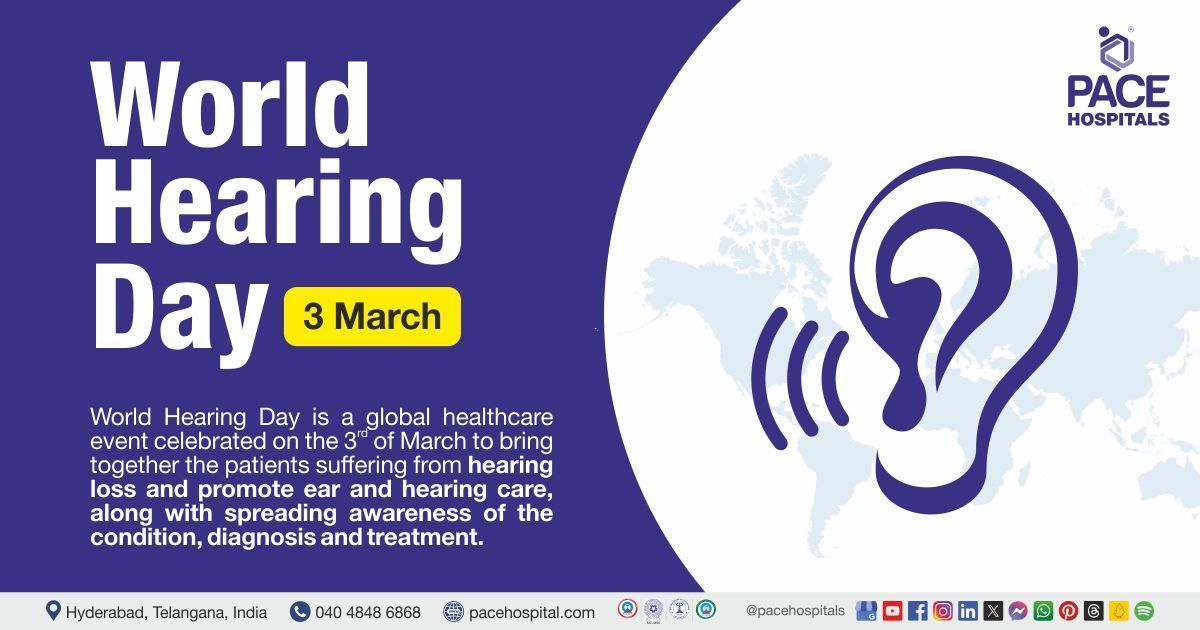Heart Attack in Young Adults: Causes, Reasons & the 7-Second Trick for Prevention
PACE Hospitals
Heart attacks have long been associated with older adults. However, in India, an alarming trend is evolving: an increasing number of young adults in their 20s, 30s, and early 40s are being hospitalised with heart attacks.
Why Are More Young People Suffering Heart Attacks?
According to recent cardiovascular studies, nearly one in four cases of myocardial infarction (heart attack) in India occurs in people under the age of 45, and the average age of a first heart attack in Indians is almost a decade earlier than in Western countries.
This makes India one of the major hotspots for premature heart disease, with urbanization, changing lifestyles, and genetic predispositions playing important roles. One key
reason for heart attack at young age is that younger individuals often ignore early warning signs, leading to delayed treatment and higher chances of severe complications.
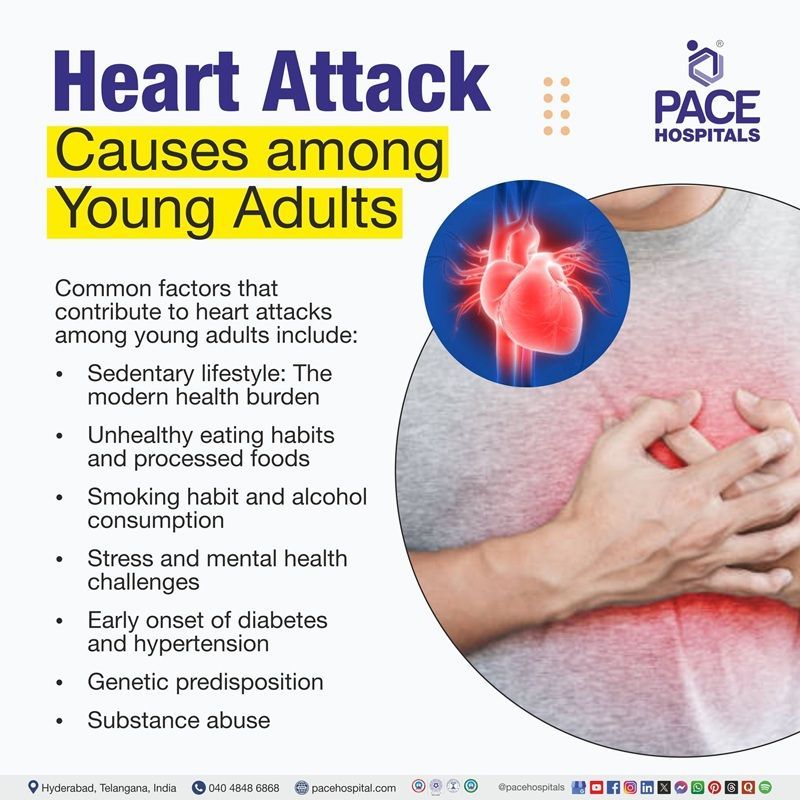
Causes of Heart Attack at Young Age
While heart attacks result from reduced blood flow to the heart muscle, usually due to clogged arteries, several factors contribute specifically to younger patients. This trend is not only a medical concern but also a significant warning. Let's explore the key reasons for heart attacks at a young age and why young Indians are becoming increasingly vulnerable.
Sedentary Lifestyle: The Modern Health Burden
Many young professionals spend extended hours sitting at desktops or in front of screens, leading to little or no physical activity. This inactivity can cause weight gain, insulin resistance, and poor blood circulation, all of which increase the risk of heart disease.
Unhealthy Eating Habits and Processed Foods
Frequent consumption of fast foods, fried snacks, sugary drinks, and heavily processed meals elevates cholesterol levels and contributes to the formation of plaque in the arteries. Additionally, a poor diet is often deficient in essential nutrients that protect heart health.
Smoking Habit and Alcohol Consumption
Tobacco use damages blood vessels and reduces the oxygen-carrying capacity of the blood. Even occasional smoking or vaping can increase the risk of heart attacks. Excessive alcohol intake also raises blood pressure and triglyceride levels, putting extra strain on the heart.
Stress and Mental Health Challenges
Pressures from demanding jobs, academic competition, and personal challenges result in chronic stress. Stress hormones like cortisol and adrenaline elevate blood pressure and strain the heart. Poor sleep caused by stress further worsens heart health.
Early Onset of Diabetes and Hypertension
Due to unhealthy lifestyles, conditions like type 2 diabetes and high blood pressure (Hypertension) are now being diagnosed in younger people. Both conditions quietly damage blood vessels and significantly increase the risk of heart problems.
Genetic Predisposition
Young individuals with a family history of early heart disease or high cholesterol face a higher chance of developing blocked arteries and heart attacks at an earlier age.
Substance Abuse
Use of narcotic drugs can trigger sudden spasms in the arteries, leading to life-threatening heart attacks even in otherwise healthy young individuals.
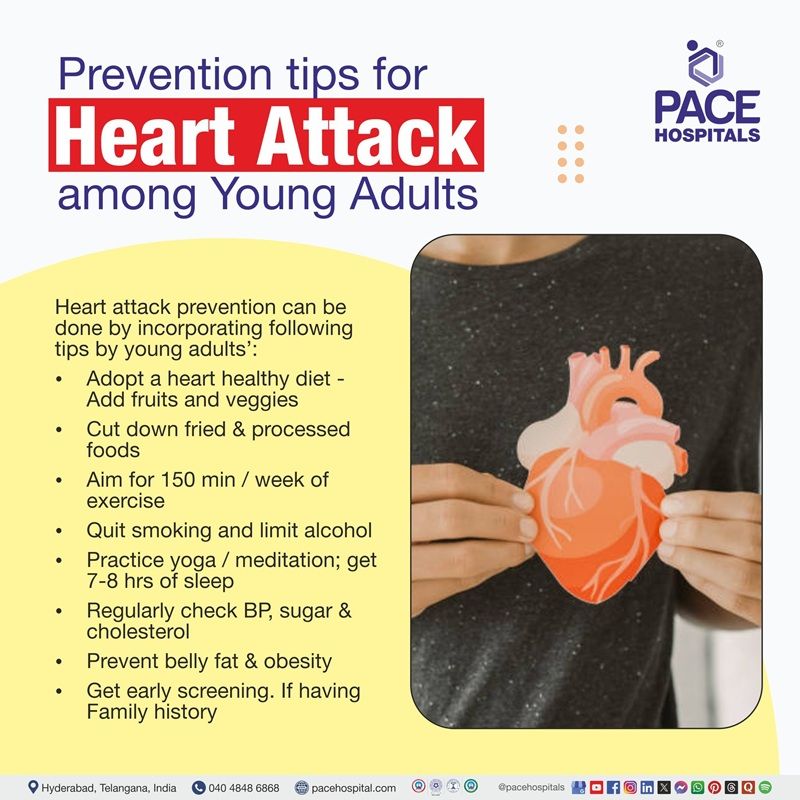
How to Prevent Heart Attack at Young Age?
Heart attack prevention can be done by incorporating the following tips into a young adult’s lifestyle, as mentioned below, to prevent heart attack in young adults.
Adopt a Heart-Healthy Diet
- It is advised to consume more fruits, vegetables, whole grains, legumes, nuts, and lean protein.
- Reduce your intake of fried, processed, and packaged foods that are high in sugars, salt, and trans fats.
Stay Physically Active
- Have a goal for at least 150 minutes of moderate exercise per week (walking, jogging, cycling, swimming).
- Include strength training twice a week.
Quit Smoking and Limit Alcohol
- Completely avoid tobacco (including vaping).
- Keep alcohol within recommended limits (preferably avoid it).
Manage Stress & Sleep Well
- Practice yoga, meditation, or deep breathing exercises.
- Ensure 7–8 hours of quality sleep daily.
Monitor Health Regularly
- Regular checkup of blood pressure, blood sugar (Diabetes), and cholesterol, especially with family history.
- Seek immediate medical care if people experience chest pain, unexplained fatigue, palpitations, or breathlessness.
Maintain Healthy Weight
Avoid rapid weight gain, especially belly fat, which is strongly linked to metabolic syndrome and heart disease.
Say No to Substance Abuse
Avoid recreational drugs, which can cause fatal cardiac events.
Know the Family Risk
If there’s a history of premature heart disease, consult a
cardiologist early for screening.
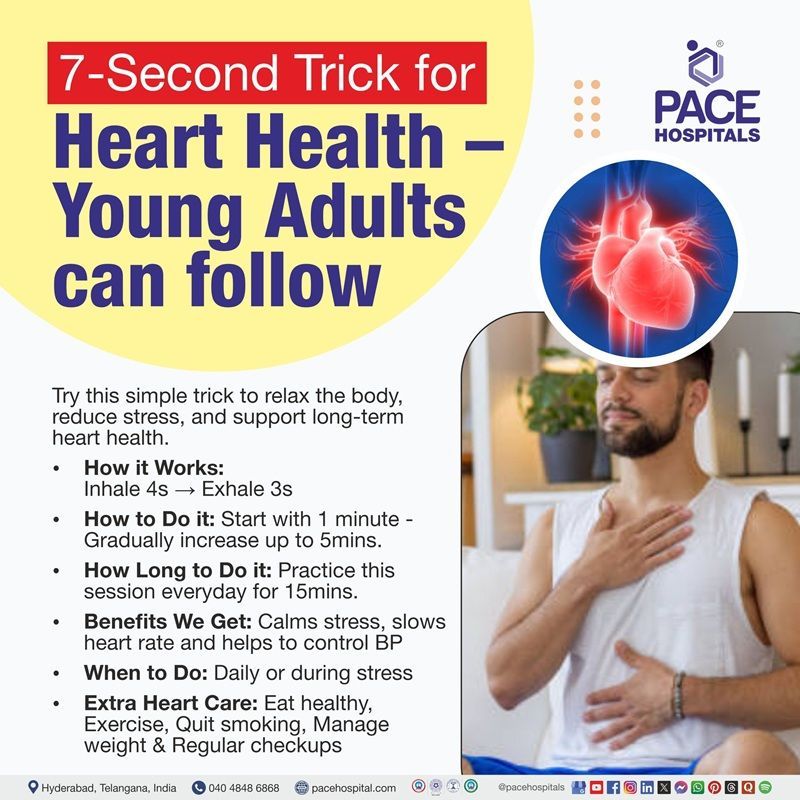
7 Second Trick to Prevent Heart Attack
Understanding the 7-Second Trick
This technique involves a calm and deliberate breathing pattern where you inhale slowly for 4 seconds and then exhale gently over 3 seconds. This sequence totals 7 seconds and helps activate the body's relaxation system.
Benefits for the Heart
This breathing pattern reduces stress and slows down the heart rate, which helps regulate heart function. While it won’t immediately prevent or stop a heart attack, practicing it regularly can lower risk factors like high blood pressure and anxiety over time.
Ideal Usage Times
Incorporate this breathing exercise daily, or use it during moments of stress or when you feel uneasy about your heart health. It is straightforward, safe, and accessible to nearly everyone.
Step-by-Step Practice
- Breathe in deeply through the nose for 4 seconds
- Slowly exhale through the mouth for 3 seconds
- Repeat this cycle about 10 times to complete a session.
Complementary Heart-Healthy Habits
While this breathing trick aids relaxation, comprehensive heart attack prevention includes cessation of smoking, maintaining a balanced diet, exercising regularly, managing weight, reducing stress, taking medications as prescribed, and undergoing regular health checkups.
An Important Message: Do not Ignore It
This technique is not a substitute for emergency treatment. If you experience symptoms of a heart attack with common signs that include pain or pressure in the chest that can feel like squeezing or tightness. This discomfort may also spread to the arms, back, neck, jaw, or stomach. Other symptoms can include shortness of breath, feeling dizzy or lightheaded, breaking out in a cold sweat, nausea, or sudden fatigue. Women may experience some different symptoms like nausea, vomiting, or pain in the back or jaw. Silent heart attacks are a real threat - often going unnoticed until significant damage has already been done. If any of these symptoms appear, it is important to seek emergency medical treatment immediately, as quick care can save lives.
FAQs for Heart Attack in Young Adults
Can young adults really have a heart attack?
Yes, heart attack at a young age can and do occur—even in people in their 20s, 30s, and those under 45. While less frequent than in older adults, these early-onset myocardial infarctions carry serious health, psychological, and economic consequences for both individuals and their families.
What causes heart attacks in young people compared to older generations?
While traditional risk factors such as smoking, high cholesterol, hypertension, obesity, diabetes, and family history continue to play a major role, young adults may also face unique triggers like drug use, genetic disorders, and artery abnormalities. One important reason of heart attack in young age is the combination of these medical conditions with unhealthy lifestyle habits and emerging health issues. Together, they contribute to heart attacks at a younger age, often differing from the patterns seen in older adults.
What can cause a sudden heart attack in young adults?
Sudden cardiac events can stem from unrecognized congenital or acquired issues, such as coronary artery abnormalities (e.g., myocardial bridging), spontaneous coronary artery dissection (particularly in younger women), acute drug use, or hypercoagulable states such as antiphospholipid syndrome. These hidden conditions are often the underlying causes of a sudden heart attack in young adults, making early detection and preventive screening crucial.
Which lifestyle factors most commonly trigger heart attacks in young people?
In young adults, heart attacks are often triggered by modifiable lifestyle factors. Smoking is the most powerful risk enhancer, damaging blood vessels and promoting clots. Poor diet and inactivity contribute to obesity, high blood pressure, and cholesterol issues. Chronic stress, lack of sleep, and mental health strain increase inflammation and cardiac load. Additionally, excessive alcohol and energy drink use can lead to arrhythmia and sudden heart strain. These everyday habits, if unchecked, can significantly increase heart attack risk-even at a young age.
What are the signs of a silent heart attack in young adults?
Silent heart attacks may cause mild or no symptoms but can include fatigue, mild chest discomfort, shortness of breath, or indigestion. These go unnoticed but still damage the heart muscle. Regular check-ups help detect them easily.
Can stress cause a heart attack at a young age?
Yes, both acute and chronic stress are potent contributors to early heart attacks. Stress raises inflammatory markers and disrupts the heart’s blood flow and vessel lining through hormonal and oxidative pathways. Psychological stress - and even adverse childhood experiences- have been linked to higher cardiovascular risk in young adulthood.
What are the early warning signs of heart attack in young adults?
The typical heart attack symptoms in young adults include chest discomfort or pressure, shortness of breath, fatigue, lightheadedness or dizziness, and pain radiating to the arm, jaw, neck, or back. Some individuals — especially women — may experience unusual fatigue, nausea, or jaw/back discomfort as early warning indicators.
How can one prevent heart attacks at a young age?
Prevention starts with lifestyle by regular exercise, a heart-healthy diet rich in whole, anti-inflammatory foods, quality sleep, and stress management. Avoid tobacco, limit alcohol, and maintain a healthy weight. Equally important are routine medical checkups-including screening for cholesterol, blood pressure, blood sugar, and family history—to catch risk early.
Who is at particularly high risk of heart attack at a young age?
Men under 40 who smoke, are obese, or have a family history of early coronary artery disease (CAD) are at elevated risk. Genetic disorders such as familial hypercholesterolemia or elevated lipoprotein(a) also increase vulnerability. Young women may be at risk from psychological stress, low socioeconomic status, or rare conditions like spontaneous coronary artery dissection (SCAD).
Can physical inactivity lead to heart attacks in young adults?
Yes, lack of exercise contributes to obesity, high blood pressure, and poor cholesterol levels, all increasing heart attack risk. Regular physical activity strengthens the heart and improves circulation.
How does smoking increase heart attack risk in young adults?
Smoking damages blood vessels, raises blood pressure, lowers HDL (good) cholesterol, and promotes blood clots-all of which accelerate atherosclerosis and increase the risk of heart attacks, even at a young age.
What is the 7-second trick to prevent heart attacks?
The “7-second trick” is a simple deep-breathing technique that helps reduce stress- a key trigger for heart attacks in young adults. Breathe in for 4 seconds, hold briefly, and exhale slowly over 3 seconds. If practiced daily for 15mins, it calms the nervous system, lowers blood pressure, and supports heart health. While not a substitute for medical care, it’s a powerful tool for stress management and prevention.
Can a panic attack cause a heart attack?
No, a panic attack does not directly cause a heart attack. Although the symptoms of a panic attack-such as chest pain, rapid heartbeat, shortness of breath, and dizziness-can feel very similar to those of a heart attack, they are not the same. Panic attacks are caused by intense anxiety and the body’s "fight-or-flight" response, not by blocked arteries or heart muscle damage.
When should a young adult see a cardiologist?
Young adults should consult a cardiologist or healthcare provider if they experience chest pain, unexplained fatigue or lightheadedness, or irregular heartbeat or have a strong family history of early heart disease. Additionally, even asymptomatic individuals with multiple risk factors (e.g., diabetes, high cholesterol, smoking) or genetic predispositions should seek evaluation early.
Share on
Request an appointment
Fill in the appointment form or call us instantly to book a confirmed appointment with our super specialist at 04048486868

